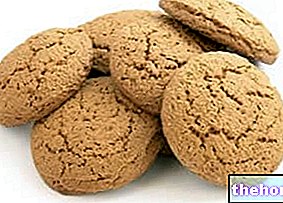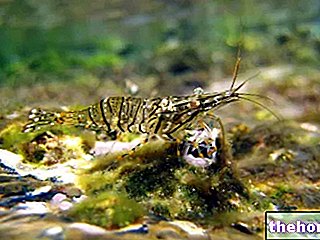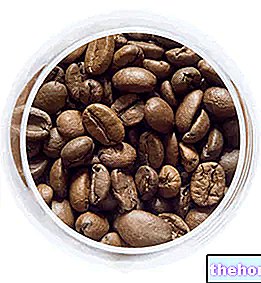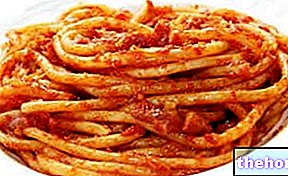Gozzigeni: what are they?
All foods that provide substances capable of interfering with iodine metabolism are considered goitigens. We find these elements above all in the cruciferous family (rapeseed, cabbage, turnips, watercress, rocket, radish, horseradish) and in the milk of cows fed with these vegetables.

Even some food additives, such as nitrates present in fish and preserved meats, prevent the thyroid from taking iodine. A deficiency of this mineral can cause hypothyroidism, with the consequent appearance of goiter (a large increase in the volume and weight of the thyroid), hence the term "gozzigeni".
Effects
The anti-iodine activity of these foods is due to the hydrolysis products of glucosinolates, such as thiocyanates, isothiocyanates and goitrins. Generally speaking, these compounds are inactivated by cooking and their antagonistic action against the overall iodine metabolism is negligible.
The presence of goitrogen foods in the diet assumes clinical importance only when the dietary intake of iodine is particularly low (an eventuality avoided by the simple consumption of iodized salt).
Potential Benefits
Finally, it is worth remembering that many of the foods mentioned in this article provide the body with a precious load of antioxidants and other substances that can contribute to maintaining human health (many isothiocyanates have shown anticancer properties). If you are not at risk of particular iodine deficiencies, such as those resulting from family enzyme deficiencies, and you do not already suffer from hypothyroidism, it is therefore not worth giving up these foods only for fear of their goitrogen effect.
Other articles on "Gozzigeni Foods"
- Thyroid hormones T3 - T4 and exercise
- Thyroid
- Diseases of the thyroid gland
- Thyroid hormones
- Actions of thyroid hormones: thyroxine and triiodothyronine
- Hypothyroidism
- Hyperthyroidism
- Triacana




























